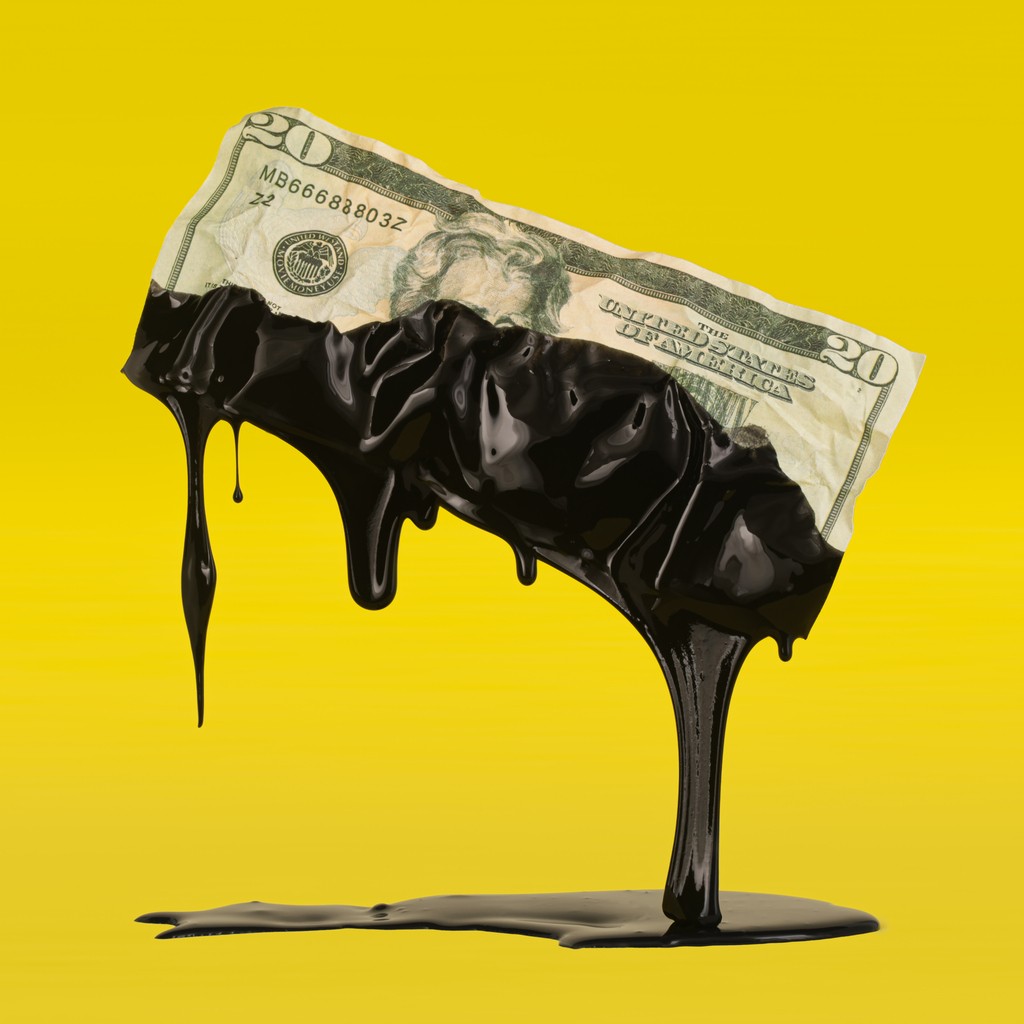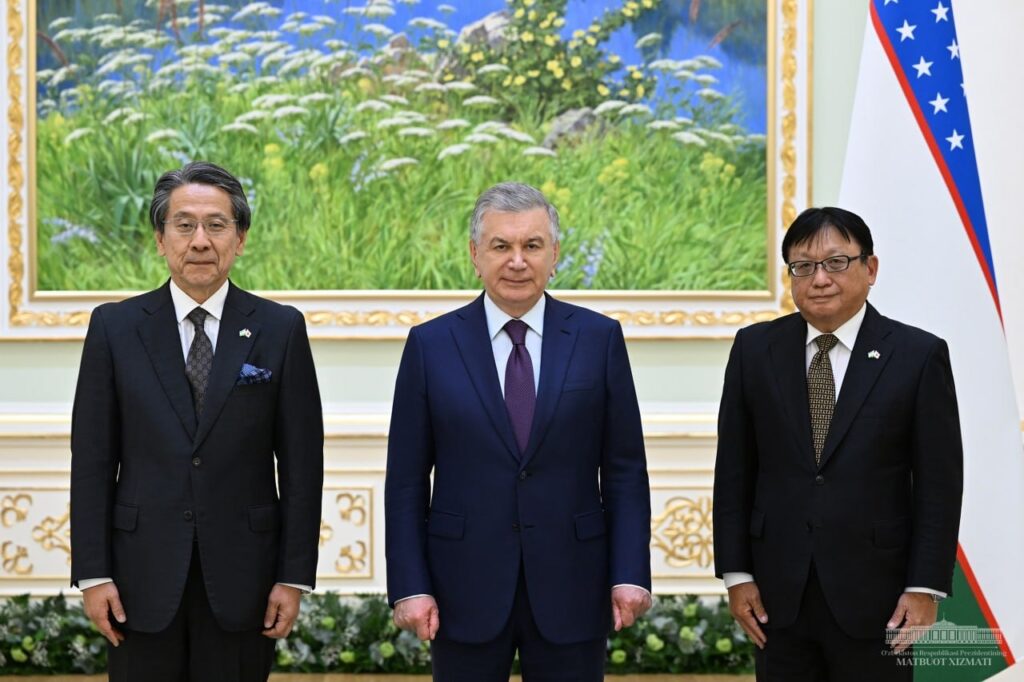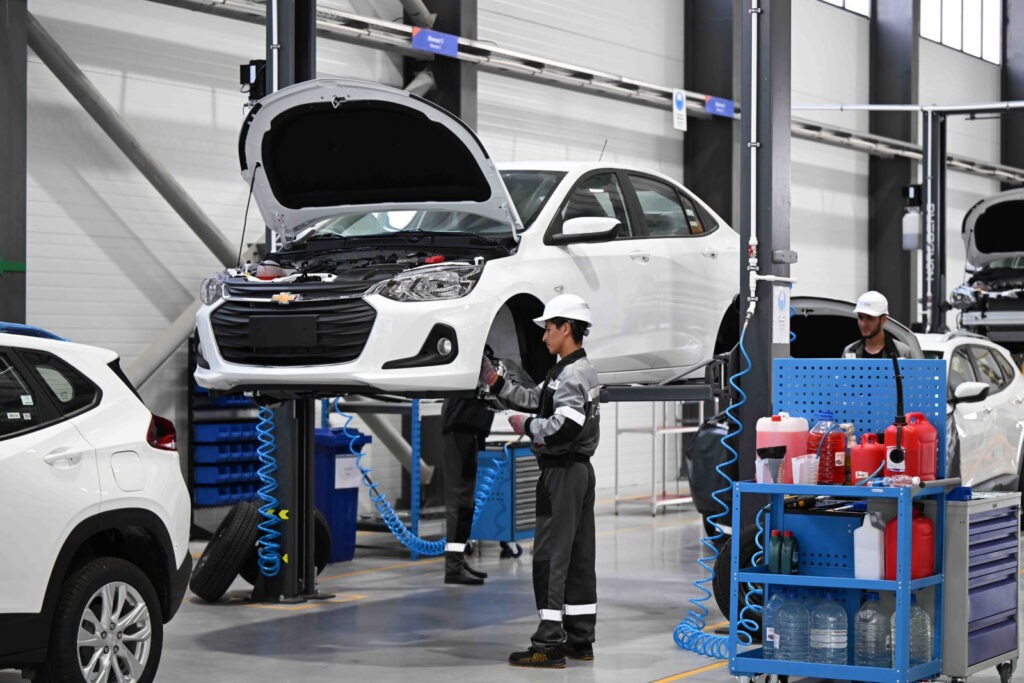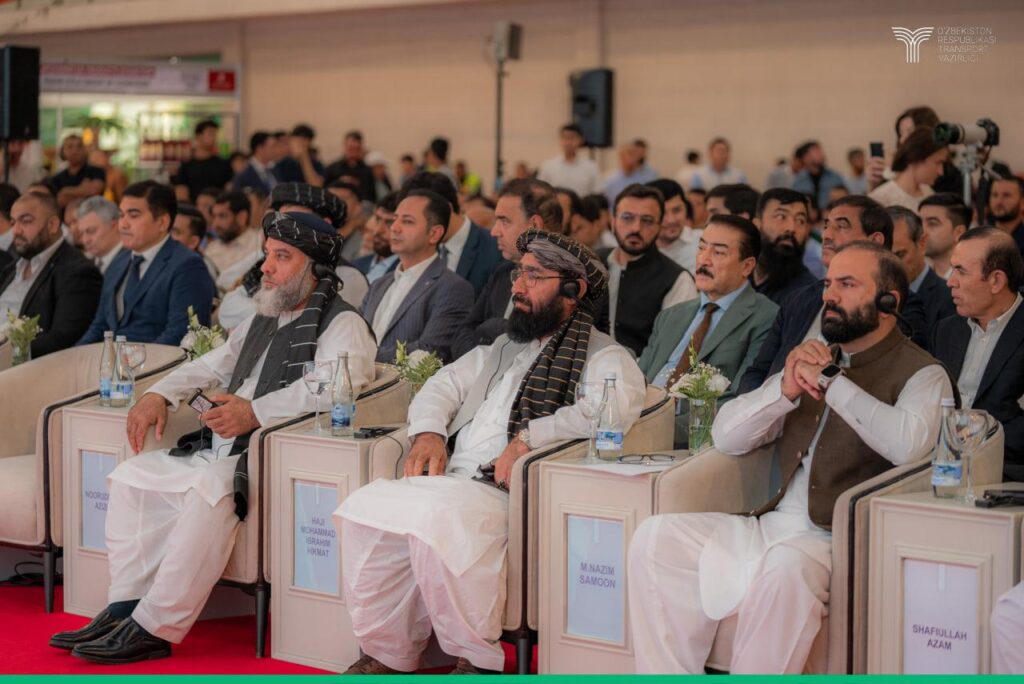Kazakhstan Resolves Dispute with Stati Amid Allegations of Litigation Profiteering
Kazakhstan’s government and representatives of the Stati family have reached an agreement to cease all legal proceedings regarding the case (Republic of Kazakhstan v. Ascom Group SA) with approval from major creditors, including an offshore investment vehicle of the Stati parties called Tristan Oil Ltd. The Stati side includes the family, as well as investors in Argentem Creek Partners (the investment manager of funds that lent money to Tristan Oil), and other possible shareholders. While the agreement comes after a fourteen-year dispute over oil and gas assets in Kazakhstan, its precise details remain confidential. Daniel Chapman, CEO of Argentem Creek Partners, was quoted in the Ministry of Justice statement as saying: “We support the framework agreement and commend President Tokayev’s decision to create a Fair Kazakhstan as part of his admirable reforms. With the settlement of this dispute, Kazakhstan is honoring international treaty obligations and, thereby, opening its doors to increased investment and heightening its economic growth potential. We welcome this new era for Kazakhstan.” Kazakhstan’s Minister of Justice, Azamat Yeskarayev said the agreement “was made in view of the public interest and does not involve the spending of budgetary funds,” and added: “We believe that this move will have a positive effect on attracting new investments in our country and on the growth of the economy.” A brief history of the dispute In 1999, Tristan Oil Ltd., an offshore company, was granted exploration and production rights at the Borankol oil field and the Tolkyn gas field located in the Mangistau region of Kazakhstan through the acquisition of Kazpolmunai LLP and Tolkynneftegaz LLP in the same year. Additionally, Tristan Oil Ltd. made investments towards the construction of a modern liquefied gas processing plant to become operational by the end of the 2000s. In 2010, assets of the Stati family were nationalized with the authorities citing their unlicensed activities, and were transferred to the trust management of KazMunayGas JSC structures. Moldovan businessmen decried the seizure as violating provisions of the Energy Charter Treaty, filed lawsuits claiming illegal seizure of their property, and began a legal battle in international jurisdictions that lasted for fourteen years. This event became a core component of the Republic of Kazakhstan v. Ascom Group SA case involving Tristan Oil Ltd. Kazakhstan’s representatives claimed that Stati’s creditor, Argentem Creek Partners, had conspired to enforce a tainted award. However, the lawsuit was dismissed by the Supreme Court of Sweden in a final June 2023 decision awarding $497.6 million to Stati parties. The court's decision mandated the Kazakhstan Government to disburse the initial instalment of approximately $76 million to the Stati family, along with accrued interest based on six-month U.S. Government bond rates, starting from April 2009. Additionally, the ruling included an allocation of $1.5 million to cover legal expenses. Despite the final and binding decision in Sweden, the legal battle showed no signs of abating, with cases continuing in England, the U.S., the Netherlands, Luxembourg, Belgium and Italy. The Ministry of Justice of Kazakhstan appeared intent on prolonging...






